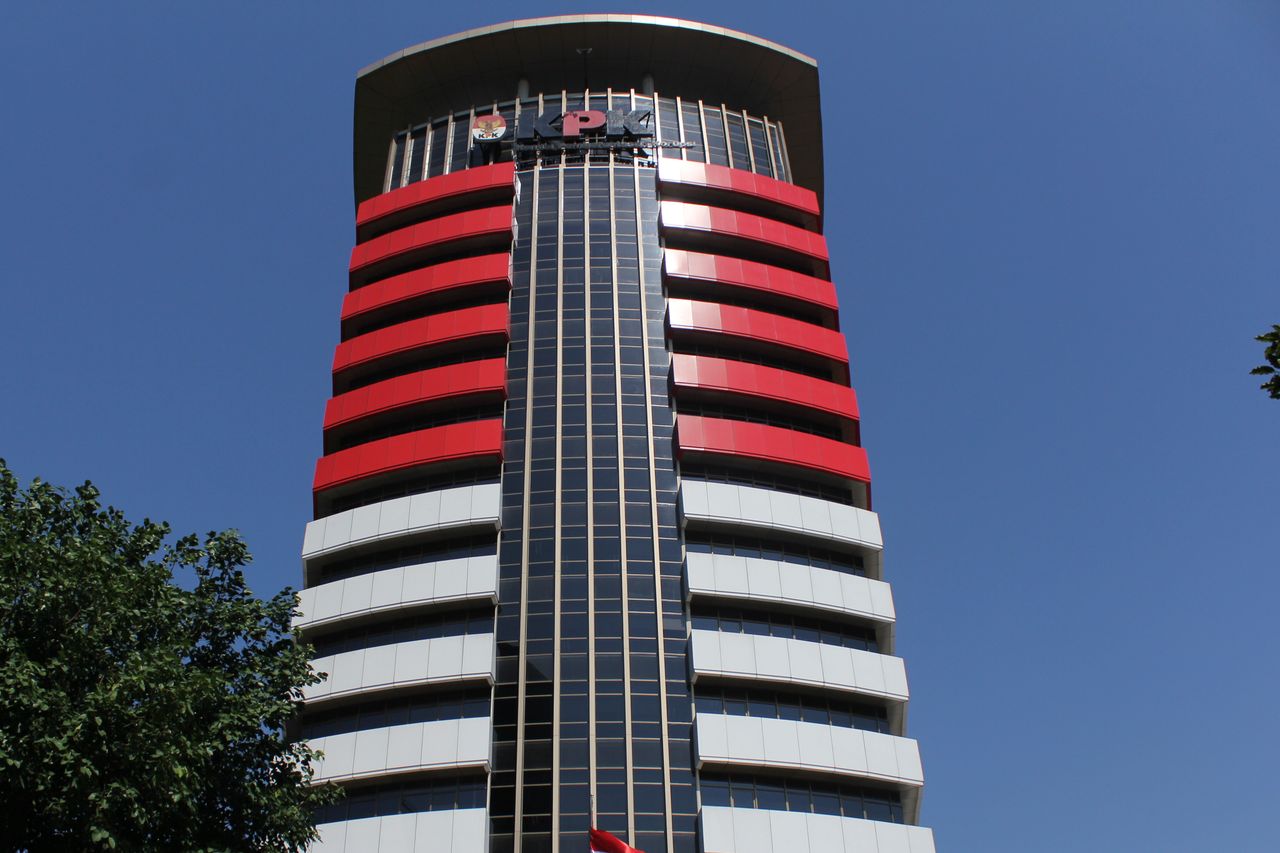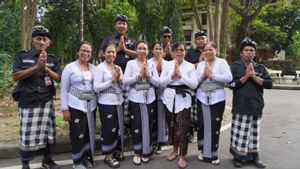KPK Questions The Rules For Former Corruptors To Participate In The 2020 Regional Elections

JAKARTA - The KPK is questioning the emergence of PKPU KPU regulation Number 18 of 2019 which allows former corruption convicts to advance to the 2020 Pilkada. KPK Chairman Agus Rahardjo thinks there is something wrong if this rule is applied.
"If a person has been a corruptor, especially a convict in the course of his journey, what kind of mentality is still maintained?" said Agus at the KPK's Red and White Support Building, South Jakarta, Monday, December 9.
Meanwhile, Deputy Chairman of the Corruption Eradication Commission, Laode M Syarif, considers that allowing former corruptors to become candidates for regional head is a setback. He asked political parties to select their cadres before being nominated. In addition, he also asked the KPU to announce the track records of running candidates so that voters would know who was elected.
"Even if someone does nominate, the KPU must announce the track records of each person," said Syarif.
KPU Regulation Number 18 2019 has just been published. In this regulation, there is no prohibition against former corruptors from nominating for regional heads. PKPU is an amendment to PKPU Number 3 of 2017.
As explained in Article 4 letter (h) of PKPU 18 of 2019, former inmates who cannot run for regional heads are former convicts of drug dealers and sexual crimes against children. Meanwhile, the prohibition regulations for former corruption convicts are not listed.
KPU commissioner Evi Novida Ginting Manik explained, former corruption convicts are not prohibited from running in this election to avoid public debate because the 2020 Pilkada will begin soon.
"This is too questionable, it could interfere with the nomination stage. Right now the nomination stage has been running from October 26, so what has become the requirements for individual candidates must have been completed," said Evi last week.
Moreover, in the 2019 Pileg, PKPU Number 20 of 2018 concerning the prohibition of former corruption convicts from becoming legislative candidates, was sued at the Supreme Court. As a result, the Supreme Court canceled the prohibition article and the former inmates in that case were allowed to run again, after previously being declared not eligible (TMS) for candidacy.


